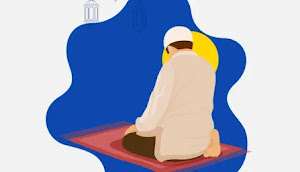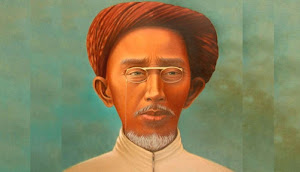
JAKARTA — Vice Chairman of the Muhammadiyah Council for Tabligh Adi Hidayat mentioned that all messengers of Allah, from Prophet Adam to Prophet Muhammad, are Muslims.
They brought the message of monotheism to be obedient to Allah’s commands. Indeed, they were commanded to obey Allah’s rules as the capacity of His servants.
“It is impossible for Allah to give guidance and commands that His servants cannot do. Therefore, the Quran affirms that Allah will not burden His people beyond their capabilities,” said Adi Hidayat.
To perform Allah’s commandments, differences in practice exist. For example, some Arabs, especially in Africa, cannot pronounce the vowel “A.” They replace it with the vowel “E,” so “Wa ad-Dhuha” is pronounced as “Wa ad-Dhuhe.”
This difference is tolerated as part of anthropological inevitability and proof that Islam does not burden its believers in term of worship.
Another example is that, when one wants to perform sujud in prayer, the palm and knee are two body parts debated as to which one should touch the ground first during sujud.
The difference comes from two hadiths narrated by Abu Daud, which are only two numbers apart, number 838 and 840-841. Both knee and palm are allowed to touch the ground first during sujud.
Besides, Adi Hidayat said that manhaj is the fundamental aspects that a Muslim cannot differ on. In other words, manhaj will always provide several choices to practice Islamic teachings. Meanwhile, a madhhab (a school of thought) is when a Muslim chooses one of the provided.
“A madhhab cannot be excluded from manhaj. Thus, a madhhab doesn’t refer to a group. Madhhab is an abbreviation of ma zahaba ilayhi (to take as a way). If we look at its history, during his lifetime, the Prophet Muhammad taught everything related to Islam,” Adi explained.
After the Prophet passed away, Muslims migrated into four major regions, and 130 of the Prophet’s companions issued fatwas in these regions. Adi said that it is reasonable for Muslims to choose only one of the schools of thought (madhhabs) taught in these regions.
“It is impossible to teach and practice all four thoughts at once. We have to choose one, and when we have chosen, that is what is called a madhhab ,” said Adi. ***













.jpeg)





